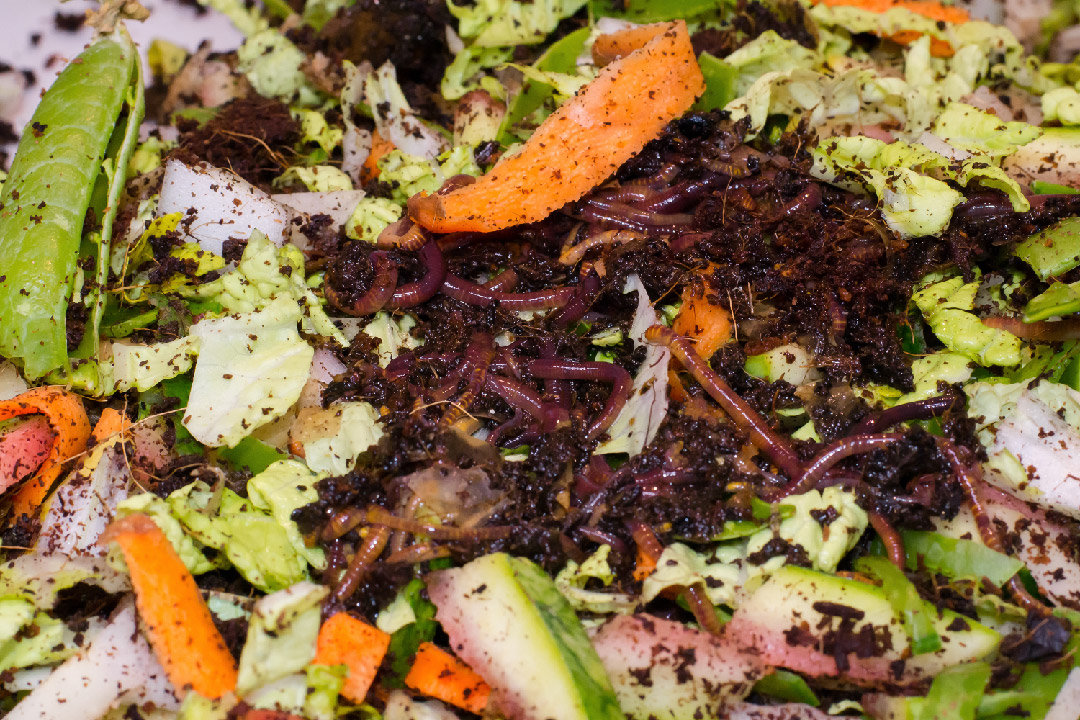Worm Composting Tips: Should I Put Worms in My Compost?
Mar 2nd 2023
Many gardeners appreciate the numerous benefits of composting. A good compost bin can provide you a rich source of "black gold" to fertilize your plants and condition your soil.
At the same time, composting helps the environment. That is because yard debris, table scraps and other suitable items end up in the compost bin rather than your local landfill.
Fewer gardeners have heard about worm composting. Here at DripWorks, we are still occasionally asked about the benefits of worms in compost and other starter questions, so we are ready with expert answers.
Should I Put Worms in My Compost Bin?
The quick answer is that in general, worms can help speed the composting process that turns scraps and debris into usable garden conditioner. Some types of worms consume and digest rotting vegetables and other matter you put into the bin. They excrete material in a form your plants can use as nutrients.
In addition, many kinds of worms can benefit your compost pile because they tunnel through it. This tunneling process helps aerate your compost pile. That makes it easier and faster for the beneficial bacteria to grow and break down scraps and debris you are composting.
Which Worms to Use
What are the best worms for composting? Red wigglers are considered tops. That is because they thrive on eating rotting vegetative material. They can help enrich the compost pile and speed its decomposition.
So, do you put worms in compost bin containers? There are types that are designed for it, like the Worm Factory, but other bins will work with worms too. With red wigglers, at least, the answer is yes for almost any compost bin. Generally, you will have to purchase this type of worm, as they are not common in yards or gardens. Fortunately, they may be purchased inexpensively and easily online or at local suppliers.
Down to Earthworms
When many of us think about our little wriggly underground friends, we envision the common earthworm. These live in many lawns, gardens, and other places. Although earthworms can benefit your compost by tunneling, they generally prefer to consume soil rather than rotting matter.
In addition, earthworms are sensitive to temperature extremes. That makes them poor candidates for compost tumblers.
The best composters for worms of this variety especially are ones with open bottoms. That will permit them to escape to the soil if conditions in the compost become too hot or cold for them. Generally, you do not need to add earthworms to your compost pile. They will usually find it themselves if it is accessible from the ground.

